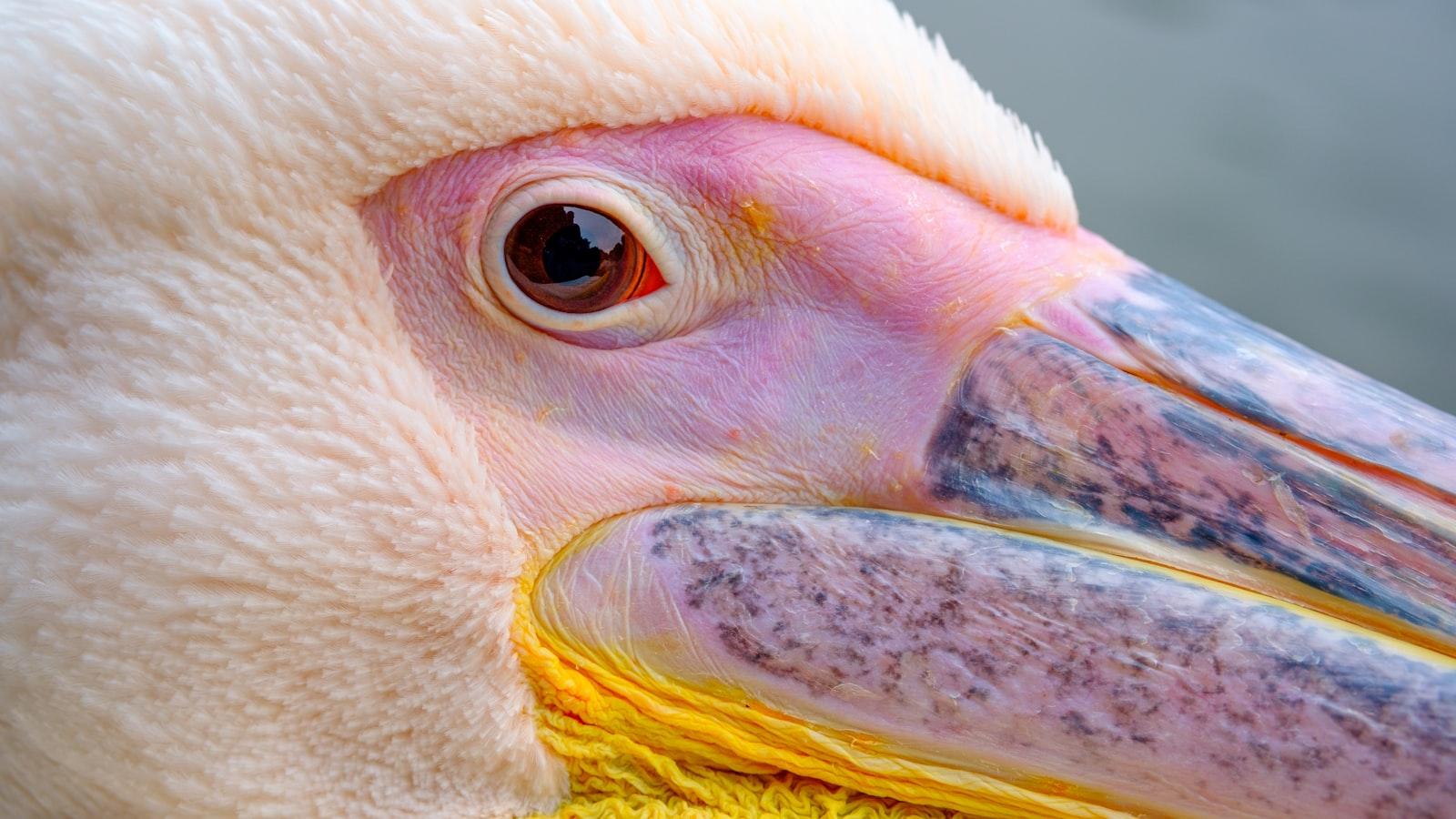In a world where the connections between humanity and nature are constantly evolving, one individual stands out with a revolutionary theory that has captivated minds and sparked debate. Enter the realm of James Lovelock, a visionary thinker whose concept of “The Ages of Gaia” has reshaped our understanding of the delicate balance between Earth and its inhabitants. Join us as we delve into the depths of Lovelock’s groundbreaking ideas and unravel the mysteries of our planet’s intricate web of life.
Table of Contents
- Exploring the Life and Work of James Lovelock
- Unveiling the Concept of Gaia Theory
- Analyzing Lovelock’s Impact on Environmental Science
- Recommendations for Embracing Gaia Theory in Today’s World
- Q&A
- In Conclusion

Exploring the Life and Work of James Lovelock
James Lovelock, a renowned scientist and environmentalist, has dedicated his life to studying the intricate relationship between Earth and all living organisms. His groundbreaking Gaia hypothesis proposes that the Earth functions as a self-regulating system, maintaining conditions suitable for life. Lovelock’s work delves deep into the concept of Earth as a living entity, challenging traditional scientific perspectives.
<p>Through his research, Lovelock has highlighted the importance of viewing the planet as a holistic system, emphasizing the interconnectedness of all living beings. His theories have sparked discussions and debates in the scientific community, reshaping how we perceive our role in preserving the delicate balance of nature. James Lovelock's exploration of Gaia invites us to reflect on our impact on the environment and consider sustainable practices for the well-being of our planet and future generations.</p>Unveiling the Concept of Gaia Theory
James Lovelock’s pioneering work on Gaia Theory has sparked a revolution in how we perceive the interconnectedness of our planet. Drawing inspiration from ancient Greek mythology, Lovelock’s <a href="https://jpdomaininvest.com/gaianation/james-lovelock-portrait/" title="james lovelock portrait”>theory proposes that Earth is a living, self-regulating organism, constantly adapting to maintain the conditions necessary for life.
Through the ages, Gaia has evolved alongside all living beings, shaping the environment in a delicate balance. The Gaia Theory challenges us to see Earth not just as a collection of individual ecosystems, but as a single, harmonious entity where every part plays a vital role in the overall health of the planet.

Analyzing Lovelock’s Impact on Environmental Science
James Lovelock, a renowned scientist and environmentalist, has left an indelible mark on the field of environmental science with his revolutionary Gaia hypothesis. This groundbreaking concept proposes that the Earth functions as a complex, self-regulating system akin to a living organism, with all its components working in harmony to maintain the conditions necessary for life.
Through his extensive research and writings, Lovelock has challenged traditional thinking in environmental science, urging scholars and policymakers to view the Earth as a single, interconnected entity. His ideas have sparked new avenues of exploration and debate within the scientific community, highlighting the intricate relationships between the planet’s biotic and abiotic elements. Lovelock’s work serves as a catalyst for rethinking our approach to environmental issues and underscores the importance of holistic perspectives in addressing the challenges of the modern world.

Recommendations for Embracing Gaia Theory in Today’s World
One way to embrace Gaia Theory in today’s world is by fostering a deep appreciation for the interconnectedness of all living beings on Earth. By recognizing that we are all part of a complex and interdependent system, we can strive to make decisions that prioritize the well-being of our planet and all its inhabitants.
Another recommendation is to engage in sustainable practices that support the overall health of the Earth. This can include reducing our carbon footprint, supporting eco-friendly initiatives, and advocating for policies that protect the environment. By taking small steps in our daily lives, we can contribute to the greater goal of nurturing and preserving our beautiful planet for future generations.
Q&A
Q: Who is James Lovelock and what are his significant contributions to environmental science?
A: James Lovelock is a renowned British scientist known for his groundbreaking Gaia hypothesis, which suggests that the Earth functions as a single, self-regulating organism.
Q: What inspired Lovelock to develop the Gaia hypothesis?
A: Lovelock’s inspiration for the Gaia hypothesis came from his work at NASA, where he was tasked with studying the possibility of life on Mars and observed Earth’s unique ability to maintain conditions conducive to life.
Q: What are the different “ages” of Gaia proposed by Lovelock?
A: Lovelock proposed three different ages of Gaia – the first age being the pre-life stage, the second age being the microbial life stage, and the current age being the age of humans and technological civilization.
Q: How does the Gaia hypothesis shape our understanding of the relationship between life and the environment?
A: The Gaia hypothesis challenges the traditional view of Earth as a passive environment by suggesting that life and the environment are intricately linked in a complex system of interactions that regulate the planet’s climate and conditions.
Q: What implications does Lovelock’s theory have for the future of our planet?
A: Lovelock’s theory highlights the fragility of the Earth’s ecosystems and the importance of maintaining a balanced relationship between human civilization and the environment to ensure the long-term sustainability of life on our planet.
In Conclusion
As we delve deeper into the boundless complexities of Gaia theory and the visionary mind of James Lovelock, we are reminded of the profound interconnectedness between the Earth and all its inhabitants. Lovelock’s idea of Gaia as a self-regulating, living organism challenges us to reconsider our relationship with the planet we call home. The Ages of Gaia opens our eyes to the intricate dance of life on Earth and the delicate balance that sustains us all. Let us continue to ponder the wonders of Gaia and the wisdom it holds for our future. Dive into the depths of Lovelock’s Gaia theory and embark on a journey of discovery unlike any other.



0 Comments